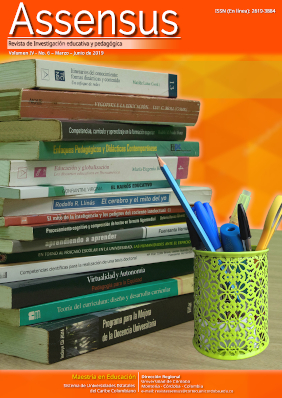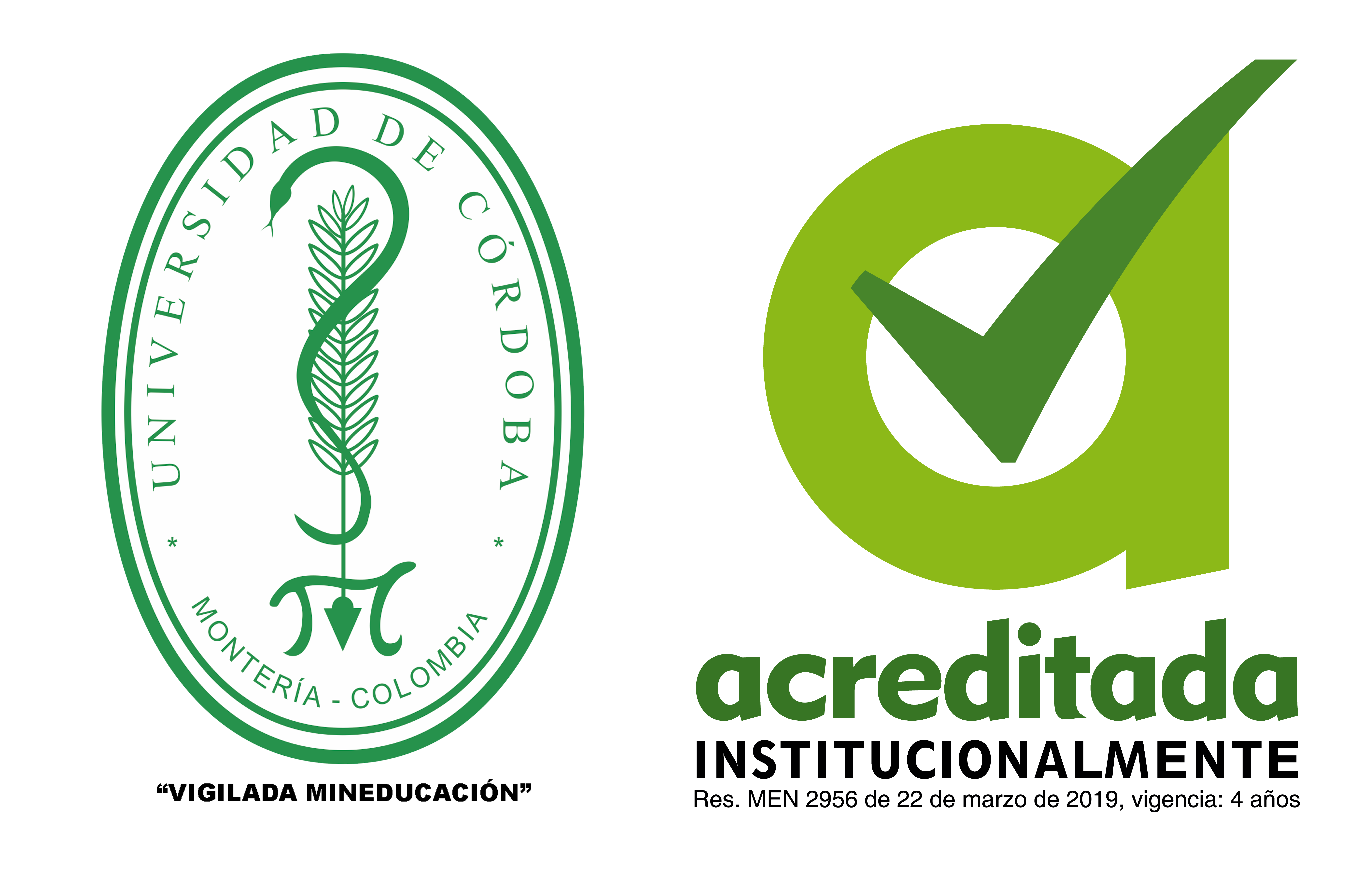Scholar Religious Education as ecumenical space and spiritual-humanizing basis
La Educación Religiosa Escolar como espacio ecuménico y fundamento espiritual humanizante
The Assensus journal has a Creative Commons license. The citation, use and partial or total reproduction of the contents is authorized by citing sources. For more information, see https://creativecommons.org/licenses/by-sa/4.0/deed.en
Show authors biography
This article shows the current situation of School Religious Education in a public institution in Colombia, the Normal Superior School of Montería. It is formulated as an objective, to determine some guidelines for the design of a pedagogical proposal of School Religious Education as an ecumenical space and spiritual-humanizing foundation in the Normal Superior School of Montería. Warns of the influence the Catholic Church has had on the Institutional Educational Project and on the subject plan of this course and describes the new cultural, social, normative, confessional and pluralistic scenario, through the characterization of educational community perceptions where this research was developed. The research is located in the qualitative research field, and it used grounded theory methodology to create a substantive theory related to the particular situation of school Religious Education development in the institution, emerged from the expressions of conformity, nonconformity, facts validation and proposal of the educational community about this phenomenon. The alternatives of solution were identified in the appreciations of the educational community that contributed to the guidelines for the design of a pedagogical proposal that recognizes the School Religious Education as a key tool in the integral formation of the students, open to the world of religions, spiritual, transcendent and constructed with the participation of all the confessions of faith that coexist in the institution, within the framework of tolerance, respect and dialogue.
Article visits 998 | PDF visits
Downloads
- Balsera, P., & Naya, L. (2016). Casos y causas de la educación religiosa católica Europea. Historia y Memoria de la Educación, 7-18.
- Barnes, P. (2018). Learning to Teach Religious Education in the Secondary School. London: Routledge.
- Boff, L. (2002). Espitirualidad, un camino de transformación. Río de Janeiro: Editorial Sextante.
- Boff, L. (14 de Noviembre de 2003). ¿Qué es el espíritu?. La Columna Semanal de Leonardo Boff. Recuperado de http://www.servicioskoinonia.org/boff/articulo.php?num=039
- Boff, L. (2012). El cuidado necesario. Madrid: Editorial Trotta.
- Boff, L. (2014). Entrevista realizada por Sophia. Rio de Janeiro.
- Conferencia Episcopal Colombiana. (2012). Estándares para la Educación Religiosa Escolar. Bogotá: Editorial Delfín.
- Conferencia Episcopal Colombiana. (2017). Estándares para la Educación Religiosa Escolar. Bogotá: Editorial Quad Graphis.
- Congar, I. (1967). Cristianos desunidos. Barcelona: Editorial Estella.
- Constitución Política de Colombia. (1991). Obtenido de http://wsp.presidencia.gov.co/Normativa/Documents/Constitucion-Politica-Colombia.pdf.
- Hernández, R., Fernández, C., & Baptista, P. (2014). Metodología de la investigación. México: McGraw-Hill.
- II Concilio Vaticano. (1965). Declaration on christian education. Obtenido de Gravissimum educationis: http://www.vatican.va/archive/hist_councils/ii_vatican_council/documents/vat-ii_decl_19651028_gravissimum-educationis_en.html
- II Concilio Vaticano. (1965). Unitatis Redintegratio. Bogotá, Colombia: Ediciones Paulinas.
- López, J. (2014). La educación religiosa escolar en Colombia: su enseñanza en un contexto pluralista y humanizante. Medellín: Universidad de Antioquia.
- Merchán, L., & Ramírez, A. (2015). Perspectivas de fenómeno religioso en el marco de la cultura teleológica. Bogotá: Editorial Usta.
- Meza, J. (2011). Educación religiosa escolar. Naturaleza, fundamentos y perspectivas. Bogotá: San Pablo.
- Morín, E. (1999). Los siete saberes necesarios para la educación del futuro. Medellín: Editorial Santillana.
- Pablo VI, papa (1963, 4 de diciembre). Decreto Inter Mirifica. Recuperado de http://www.vatican.va/archive/hist_councils/ii_vatican_council/documents/vat-ii_decree_19631204_intermirifica_sp.html
- Piaget, J. (1987). Psicología y pedagogía. Barcelona: Editorial Ariel. San Martín, D. (2014). Teoría fundamentada y Atlas.ti: recursos metodológicos para la investigación educativa. REDIE. Revista Electrónica de Investigación Educativa. Obtenido de http://www.redalyc.org/articulo.oa?id=155/15530561008.
- San Martín, D. (2014). Teoría fundamentada y Atlas.ti: recursos metodológicos para la investigación educativa. REDIE. Revista Electrónica de Investigación Educativa. Obtenido de http://www.redalyc.org/articulo.oa?id=155/15530561008.



